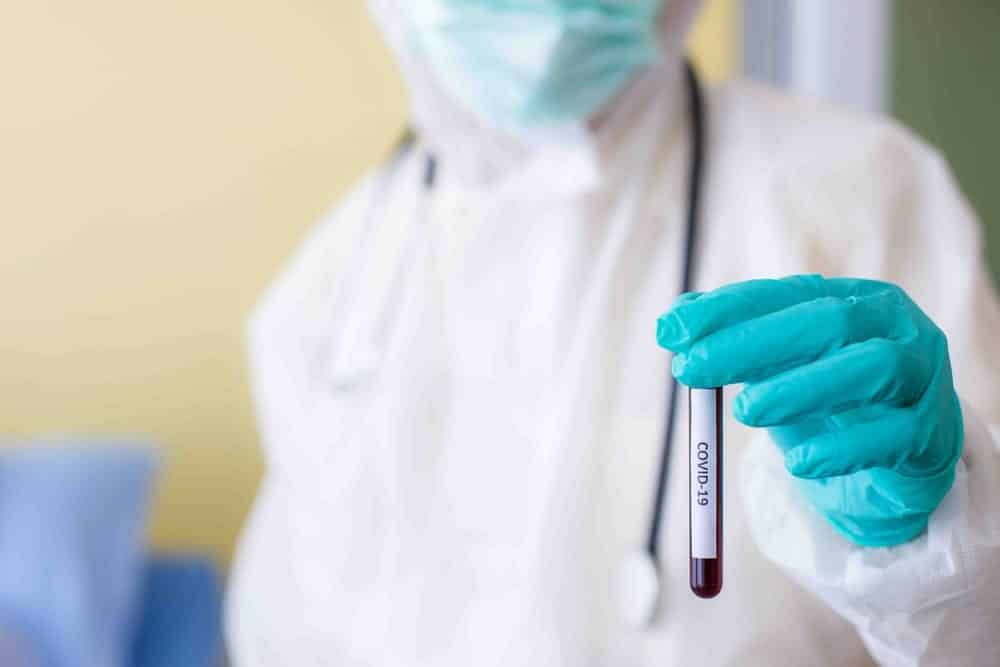During the ongoing pandemic, all COVID-19-related testing used for the diagnosis, prevention, or treatment of disease, or for a health assessment, must adhere to the Clinical Laboratory Improvement Amendments of 1988 (CLIA). Through the CLIA law, the Centers for Medicare & Medicaid Services (CMS) regulates all human diagnostic laboratory testing in the United States, except research, to ensure high-quality laboratory testing. The program aims to ensure that all test results are accurate, reliable, and completed in a timely manner. To clarify these requirements in regard to COVID-19 and help clinical laboratories respond to the current coronavirus health crisis, the CMS issued an important CLIA guidance and a set of frequently asked questions (FAQs) on March 26, 2020.
Covering approximately 260,000 laboratories, the CLIA regulations establish quality standards for laboratory testing and covers all aspects of testing, from general laboratory requirements and quality monitors to analytic performance, pre-analytics, post-analytics, and personnel requirements. In addition, the CLIA regulations require that clinical laboratories be certified by their state as well as the CMS before accepting human specimens for laboratory testing for the diagnosis, prevention, or treatment of disease or for a health assessment.
Although these requirements have not been lifted during the COVID-19 pandemic and the agency does not have the authority to approve waivers (which would allow for program modifications), the CMS has relaxed some CLIA requirements due to the pandemic. The laboratory guidance that outlines these changes provides information regarding the remote viewing of pathology slides, proficiency testing, alternate collection devices, requirements for obtaining a CLIA certificate during the coronavirus pandemic, and more. The policy will enable the following relaxed regulations, amongst others:
- Remote Slide Review: Pathologists may review pathology slides remotely if specific criteria defined by the CMS are met. Typically, CLIA regulations require that both the slide preparation and the professional analysis occur on the laboratory premises.
- No Penalty for Lack of Proficiency Testing: The CMS won’t penalize laboratories for a lack of proficiency testing (PT) results if the PT is postponed, suspended, or canceled with the approval of the CMS. In these situations, however, the laboratories should consider self-assessing the results to ensure reliability.
- Expedited Review of CLIA Applications: Laboratories need CLIA certification to perform any services, including COVID-19 testing that is used for the diagnosis, prevention, or treatment of disease, or for a health assessment. To ensure that U.S. laboratories applying for CLIA certification can begin COVID-19 testing as soon as possible, the CMS will assign each of these laboratories a CLIA number as soon as it identifies a qualified laboratory director and provides all information required on the CMS-116 application. Then, once applicable CLIA requirements have been met, the laboratory can begin testing.
- Testing in Designated Overflow Locations: If a facility has the appropriate CLIA certificates and follows applicable CLIA regulations (as well as state regulations), it may perform COVID-19 testing in a parking lot or any other designated overflow location.
- Contiguous Buildings with a Single CLIA Certificate: Normally each laboratory location must have its own CLIA certificate. Under the more relaxed guidance, laboratories located in contiguous buildings on a hospital or university hospital campus may hold a single CLIA certificate for all laboratory sites within the same physical location or street address. This adjustment will benefit large hospitals and medical centers that wish to temporarily expand their laboratory services during the COVID-19 pandemic.
With these updates, the CMS hopes to help ensure the availability of widespread, reliable COVID-19 laboratory testing in the United States. The guidance will only be applicable during the COVID-19 public health emergency.
Are you looking for a CRO to assist with your preclinical or clinical drug development related to the novel coronavirus or COVID-19? QPS has CLIA-certified and GLP-compliant laboratories ready to fast-track your novel coronavirus and COVID-19 RT-qPCR/QPCR and Serological Assays and vaccine development programs. Since 1995, QPS has provided discovery, preclinical, and clinical drug development services. An award-winning leader focused on bioanalytics and clinical trials, QPS is known for proven quality standards, technical expertise, a flexible approach to research, client satisfaction, and turnkey laboratories and facilities. For more information, visit www.qps.com/coronavirus or email covid19study@www.qps.com.








